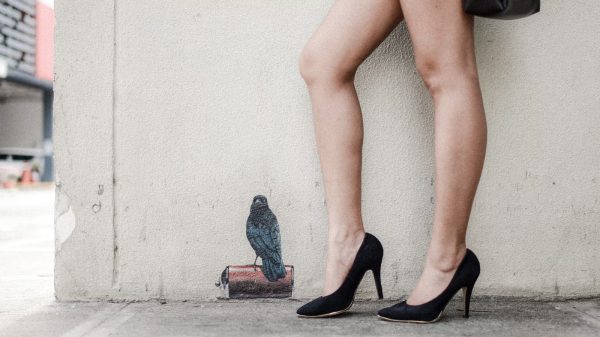Lesbian, gay, and bisexual (LGB) adolescents and young adult cancer survivors are more likely to report experiencing chronic health conditions than their heterosexual peers with a history of cancer as well as their LGB peers without a past cancer diagnosis.
This is according to a study – “Risk of Chronic Health Conditions in Lesbian, Gay, and Bisexual Survivors of Adolescent and Young Adult Cancers” by Amy M. Berkman, Eunju Choi, Christabel K. Cheung, Michael E. Roth, et al – that was published in CANCER.
Previous studies have indicated that minority sexual orientation and gender identity populations have higher prevalence rates of many chronic conditions — including heart disease, stroke, hypertension, diabetes, lung disease, and kidney disease — than heterosexual populations. To assess the burden of chronic health conditions among survivors of adolescent and young adult cancer with minoritized sexual orientations, the researchers analyzed 2013–2020 data from the National Health Interview Survey, an ongoing household survey with interviews conducted throughout the US either face‐to‐face or over the telephone.
The team’s analysis included information on 170 LGB cancer survivors (diagnosed between the ages of 15 and 39 years) who were matched to 1,700 LGB individuals without a history of cancer and 1,700 heterosexual cancer survivors.
LGB cancer survivors were more likely than LGB individuals without a history of cancer and heterosexual cancer survivors to report at least one chronic health condition (71.0%, 51.0%, and 59.0% of individuals, respectively) and more than two chronic health conditions (21.0%, 7.7%, and 15.1%, respectively). These elevated risks were seen for conditions including cardiovascular disease, arthritis, and pulmonary disease.
After adjusting for sociodemographic variables, LGB cancer survivors had 2.45-times higher odds of having chronic health conditions than LGB individuals without a history of cancer and 2.16-times higher odds than heterosexual survivors.
“This study highlights significant health disparities that affect the LGB cancer survivor community and points to the need for specialized care and attention for these individuals during and after their cancer treatment to address their heightened risk of chronic health issues,” said Roth. “This could hopefully lead to more equitable health care for sexual and gender minority populations.”





































































